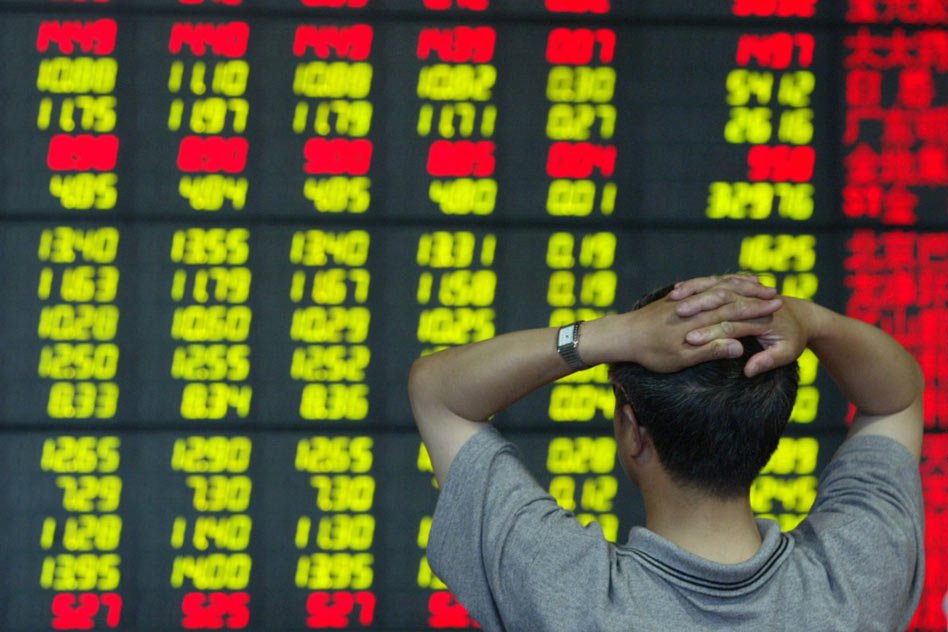Image Source: uscnpm
“…We could be in the early stage of a very serious situation.”
– Lawrence Summers, American economist.
3 days ago economists at the International Finance Corporation warned that China’s dramatic slowdown in June and July could precipitate into a global recession. “(This) draws an eerie parallel to the US-led recession during the last decade,” they wrote.
On June 12 the Shanghai Composite Index fell by 30%. This led to investors pulling away from the stock market. Given that China’s share in world growth this decade has risen to 33%, it was inevitable that fears of a massive slowdown in China would cause disastrous ripple effects around the world. At the same time, crucial economies of Russia, Japan and Brazil have been struggling for the past many weeks.
These reasons caused global traders to sell their assets and to hoard cash – this led to a slide in domestic markets. This, coupled with the sharp fall in the rupee and the Indian oil crisis led to Sensex crashing by 1625 points – a 5.94% fall – the steepest in 6 years.
The crisis truly began on 24 August. The US stock markets opened to a decline of 1000 points in early trading – all in a few seconds. This led to a plunge in oil prices, and top US companies including Apple and Cisco experienced damages. With the US markets in a downward spiral, and Chinese and European markets staring at deep uncertainty, some economists predict global recession, like in 2008, only worse this time. Some even go one step further to suggest that the present crisis has the makings of global economic collapse.










